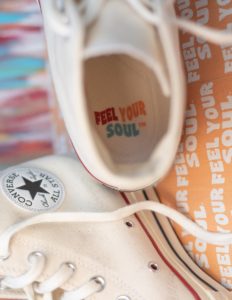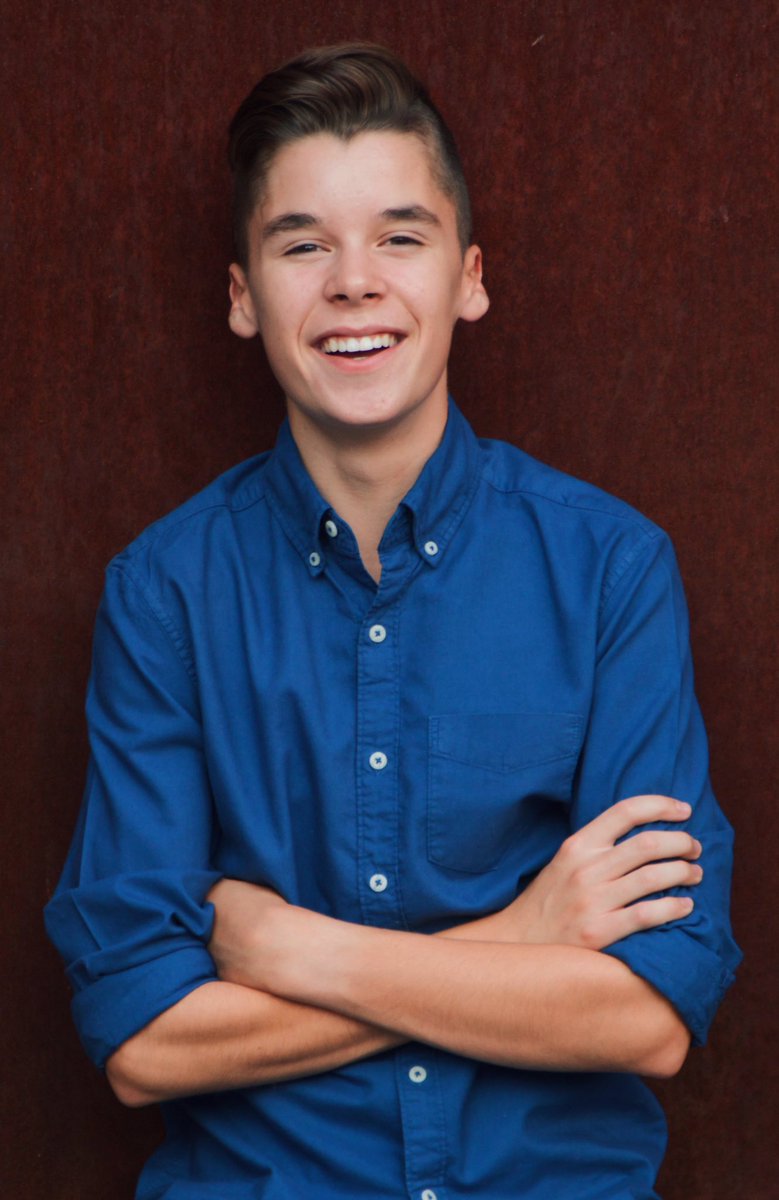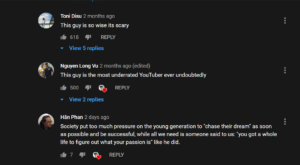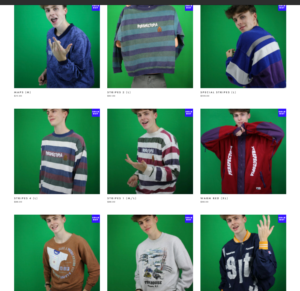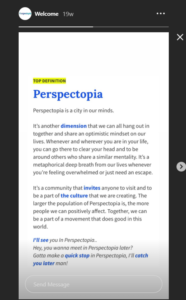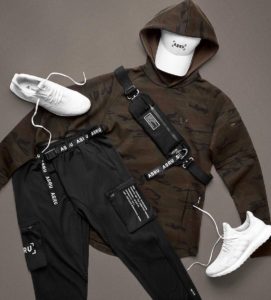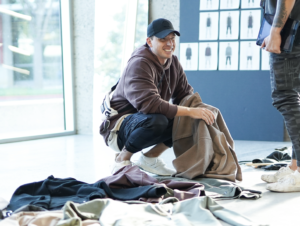Who ever thought that spoiled milk could work as a shirt? Well co-founder and CEO, Robert Lou, of Mi Terro Sure did!
When visiting an uncle’s dairy farm in China, Robert Lou barred witness to the gallons and gallons of milk spoiled waste his uncle was having a hard time getting rid of. When asked by said uncle to find a possible solution, Robert wasn’t exactly sure how to get around such a problem. After doing a bit of research back at his LA home and consulting a friend in chemistry, he was able to come up with a solution. When milk sours and spoils for a certain amount of time you can produce a polymer fiber from the milk that is soft enough to use in clothes, packaging, medical appliances, and even bed lining. So in 2018, Mi Terro was born!
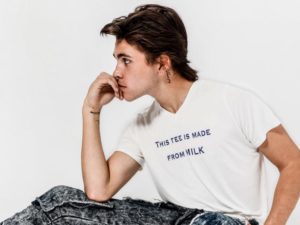
“Our goal is to replace petroleum materials with protein-based materials, especially made from food waste. So we’re not just talking about solving food waste, but also helping other industries with the technology that we have.”
-Robert Lou
By aiding more than one market with one innovation is amazing for such a young entrepreneur!
Mi Terro has been trying to grow little by little. One example, is their exchanges with famous fashion brands like H&M and Nike to get them to invest in their milk solution and replace the not-so ecofriendly petroleum waste with spoiled milk.
Roughly 128 billion tons of milk waste is disposed of yearly. That is a good amount of materials just going to the wayside! Hopefully, in the future, some of the larger clothing brands will accept this new form of producing clothes. Thus joining the markets of dairy and clothing together! Wouldn’t that be a crazy future to live in?
Find out more at:
Replace Plastic With Biomaterials Made From Agricultural Waste – Mi Terro
Got Milk? Mi Terro Turns Spoiled Milk into Sustainable Fibers for Fashion – YouTube

